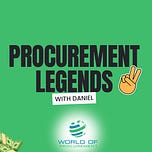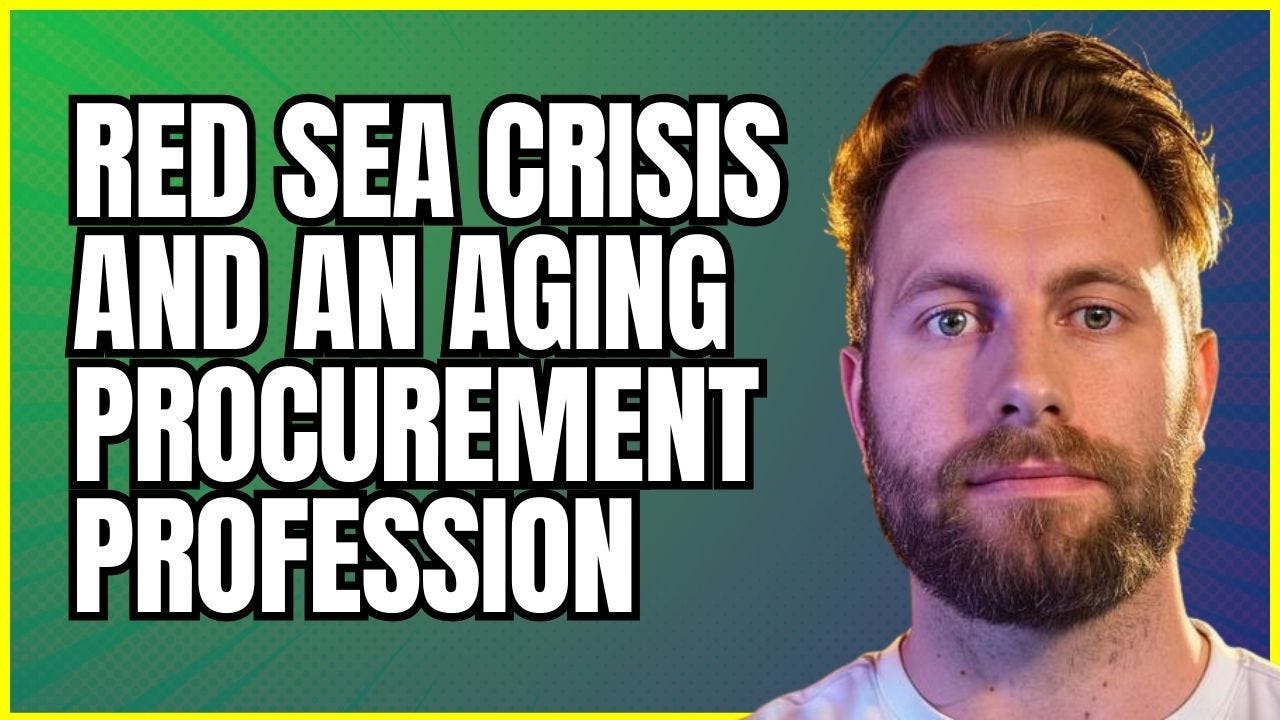Curated news update from
.Overall Sentiment: The global procurement landscape is facing significant disruption and transformation driven by geopolitical tensions, technological advancements, and shifting priorities.
Key Themes:
Geopolitical Instability and Supply Chain Disruption:
Red Sea Conflict: Houthi attacks continue to disrupt shipping in the Red Sea, impacting major players like Maersk and BP. The US and UK have responded with counter-strikes, while Egypt warns of economic consequences stemming from militarization and blockades near the Suez Canal.
China-US Trade War: The ongoing tech war between the US and China is escalating, with both countries implementing export bans on critical materials. China's restrictions on gallium, germanium, antimony, and graphite directly impact US semiconductor and electric vehicle industries.
Impact: These conflicts highlight the vulnerability of global supply chains and the need for robust risk management and diversification strategies.
Shifting Procurement Priorities for 2025:
AI and Automation: "AI and automation are set to become central to procurement strategies, with a focus on AI-driven data analysis and decision-making." This suggests a move towards more data-driven and efficient procurement processes.
Sustainability and ESG: Despite potential political headwinds, sustainability and ESG compliance remain important, with an emphasis on circular economy principles. This indicates a growing focus on ethical and sustainable sourcing practices.
Workforce Challenges: An aging workforce necessitates strategies for attracting new talent and upskilling existing employees in digital competencies.
Value-centric Procurement: A shift from solely cost-focused procurement to a broader value-centric approach is anticipated. This includes factors like supplier relationships, innovation, and long-term value creation.
Impact: Procurement professionals need to adapt to these evolving trends, embracing new technologies, prioritizing talent development, and incorporating a broader range of factors into decision-making.
Open Questions for Procurement Leaders:
How can procurement teams effectively navigate geopolitical risks and ensure supply chain resilience?
What strategies can be implemented to attract and retain young talent in the procurement sector?
How can procurement processes be optimized to leverage AI and automation effectively?













Share this post